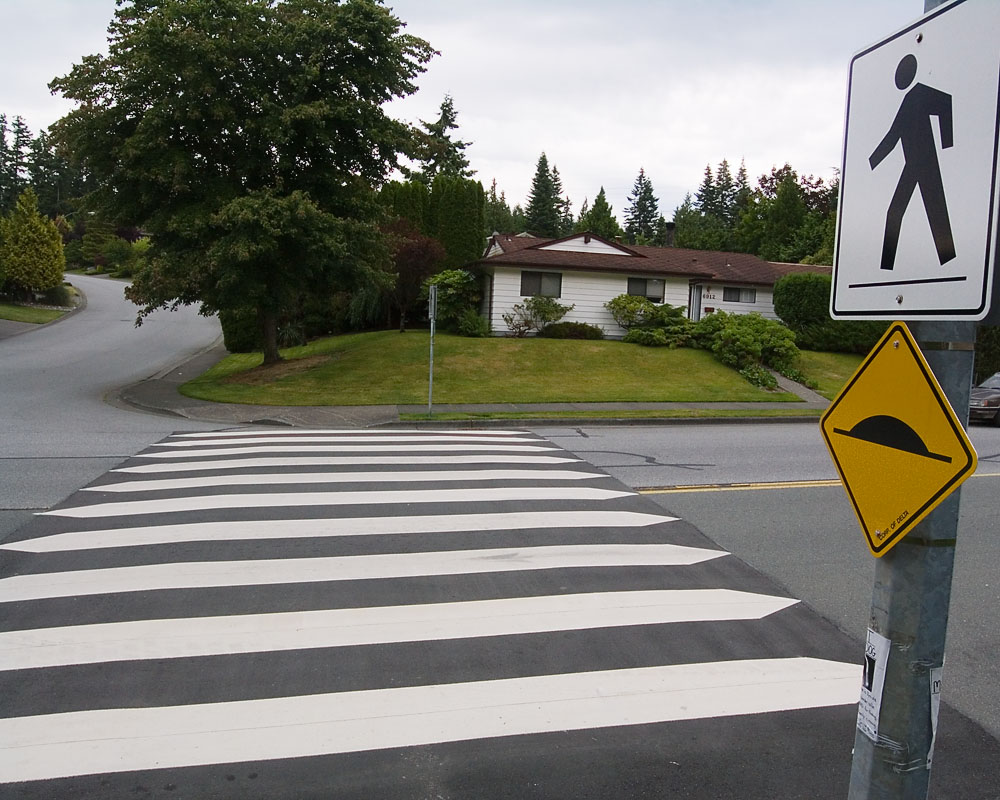 The K-12 Science Framework has been released by the National Research Council. It presents a new framework for K-12 science education that identifies the key scientific ideas and practices all students should learn by the end of high school. The framework will serve as the foundation for new K-12 science education standards, to replace those issued more than a decade ago. The National Research Council is the operating arm of the National Academy of Sciences and National Academy of Engineering; all three are independent, nongovernmental organizations.
The K-12 Science Framework has been released by the National Research Council. It presents a new framework for K-12 science education that identifies the key scientific ideas and practices all students should learn by the end of high school. The framework will serve as the foundation for new K-12 science education standards, to replace those issued more than a decade ago. The National Research Council is the operating arm of the National Academy of Sciences and National Academy of Engineering; all three are independent, nongovernmental organizations.
The committee that wrote the report sees the need for significant improvements in how science is taught in the U.S. The new framework is designed to help students gradually deepen their knowledge of core ideas in four disciplinary areas over multiple years of school, rather than acquire shallow knowledge of many topics. And it strongly emphasizes the practices of science – helping students learn to plan and carry out investigations, for example, and to engage in argumentation from evidence.
Contained in the framework are substantial sections which refer to the mathematics, mathematical modeling, statistics and data analysis, and problem solving required to support learning the science and engineering content and practices. There is substantial carryover from the Common Core State Standards for Mathematics, including the Standards for Mathematical Practice. And, readers will see overlap with the CCSS Literacy standards for History, Social Studies, Science, and Technical Subjects (which include mathematics).
Although the actual science standards aren’t written yet, this framework will give educators a lot to think about regarding better coordination of the mathematics, science, and literacy curricula, including its calls for active, hands-on learning; technology use for modeling, simulation, and data analysis; and teaching and learning technical reading and writing.
 The purpose of this grant is to increase the breadth and depth of the mathematics content knowledge of one elementary school teacher who has a demonstrated commitment to mathematics teaching and learning. The applicant must have the support of the school principal in becoming a mathematics teacher-leader within her or his school or district. For the 2012–2013 school year, grants with a maximum of $6,000 each will be awarded. Only one teacher per school may receive the award. The desired outcome of the funded project is the development of an elementary school mathematics teacher with mathematics content expertise.
The purpose of this grant is to increase the breadth and depth of the mathematics content knowledge of one elementary school teacher who has a demonstrated commitment to mathematics teaching and learning. The applicant must have the support of the school principal in becoming a mathematics teacher-leader within her or his school or district. For the 2012–2013 school year, grants with a maximum of $6,000 each will be awarded. Only one teacher per school may receive the award. The desired outcome of the funded project is the development of an elementary school mathematics teacher with mathematics content expertise.



